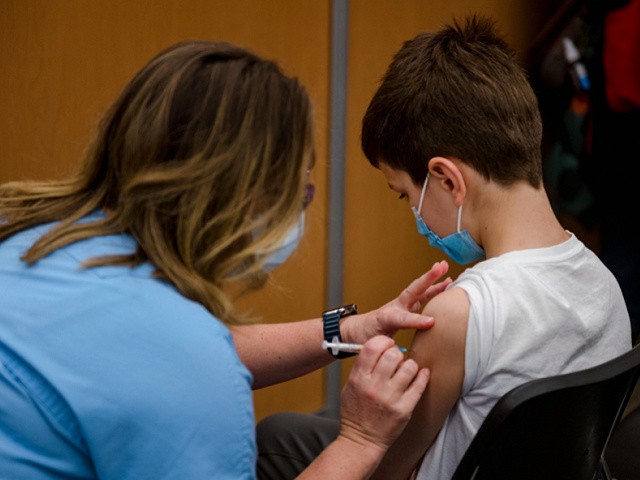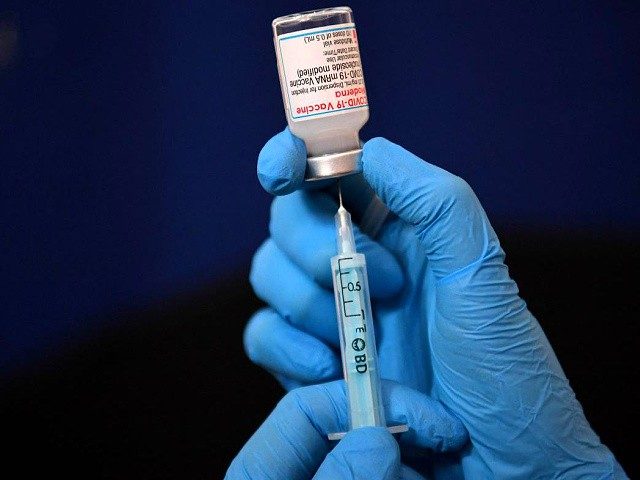The Centers for Disease Control and Prevention (CDC) is weighing changes to vaccine guidance to increase the time between doses due to the risk of heart inflammation.
A longer period between the first two shots of the mRNA coronavirus vaccines appeared to lower a person’s risk of myocarditis, a rare form of heart inflammation that occurred in some individuals upon receiving the shot, Boston 25 reported Monday.
The move may help the vaccines’ effectiveness, according to researchers who spoke to the agency’s Advisory Committee on Immunization Practices. The article continued:
According to the CDC, the proposed changes would apply to the Pfizer and Moderna COVID-19 vaccines, which use the mRNA technology. Under the current guidelines, the two Pfizer COVID-19 vaccine doses are given three weeks apart, and the two COVID-19 vaccine doses from Moderna are given four weeks apart.
Officials were considering extending the time between the first two shots to eight weeks, according to Reuters.
In June, the CDC held an “emergency meeting” to discuss cases of heart inflammation in younger people upon taking a vaccine for the coronavirus, Breitbart News reported.

A child, 11, receives the Pfizer-BioNTech Covid-19 vaccine for children in Quebec on November 24, 2021. (Photo by ANDREJ IVANOV/AFP via Getty Images)
“It’s a bit of an apples-to-oranges comparison because, again, these are preliminary reports,” Dr. Tom Shimabukuro, a CDC vaccine safety official, noted at the time. “Not all these will turn out to be true myocarditis or pericarditis reports.”
Now, reports of an uptick of myocarditis after vaccination — particularly in men whose ages ranged from 18 to 39 — prompted researchers to investigate the time between shots, vaccine researcher Dr. Nicola Klein explained to the committee on Friday.
“According to Dr. Bryna Warshawsky, a medical adviser with the Public Health Agency of Canada, rates of myocarditis fell when the interval between the two doses was extended,” the Boston 25 article said.
Researchers also told the committee a longer interval between doses appeared to make higher antibody responses and better vaccine effectiveness.
In a November update, the CDC said the agency and its partners were monitoring reports of myocarditis and pericarditis following coronavirus vaccination.
“Myocarditis is inflammation of the heart muscle, and pericarditis is inflammation of the outer lining of the heart. In both cases, the body’s immune system causes inflammation in response to an infection or some other trigger,” the website read.

COMMENTS
Please let us know if you're having issues with commenting.